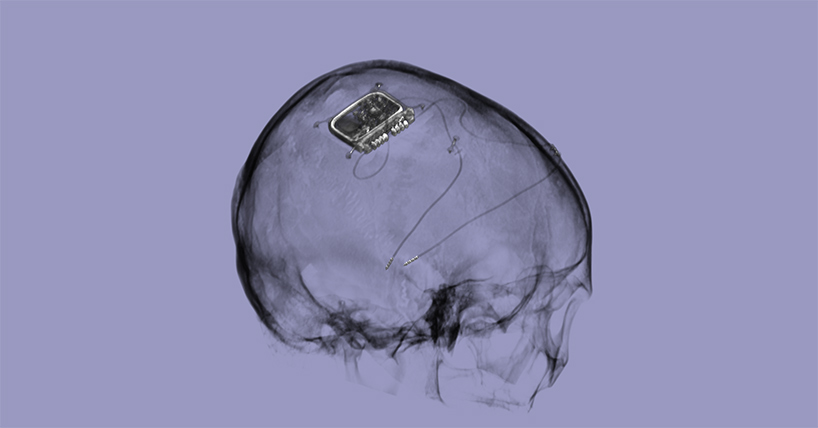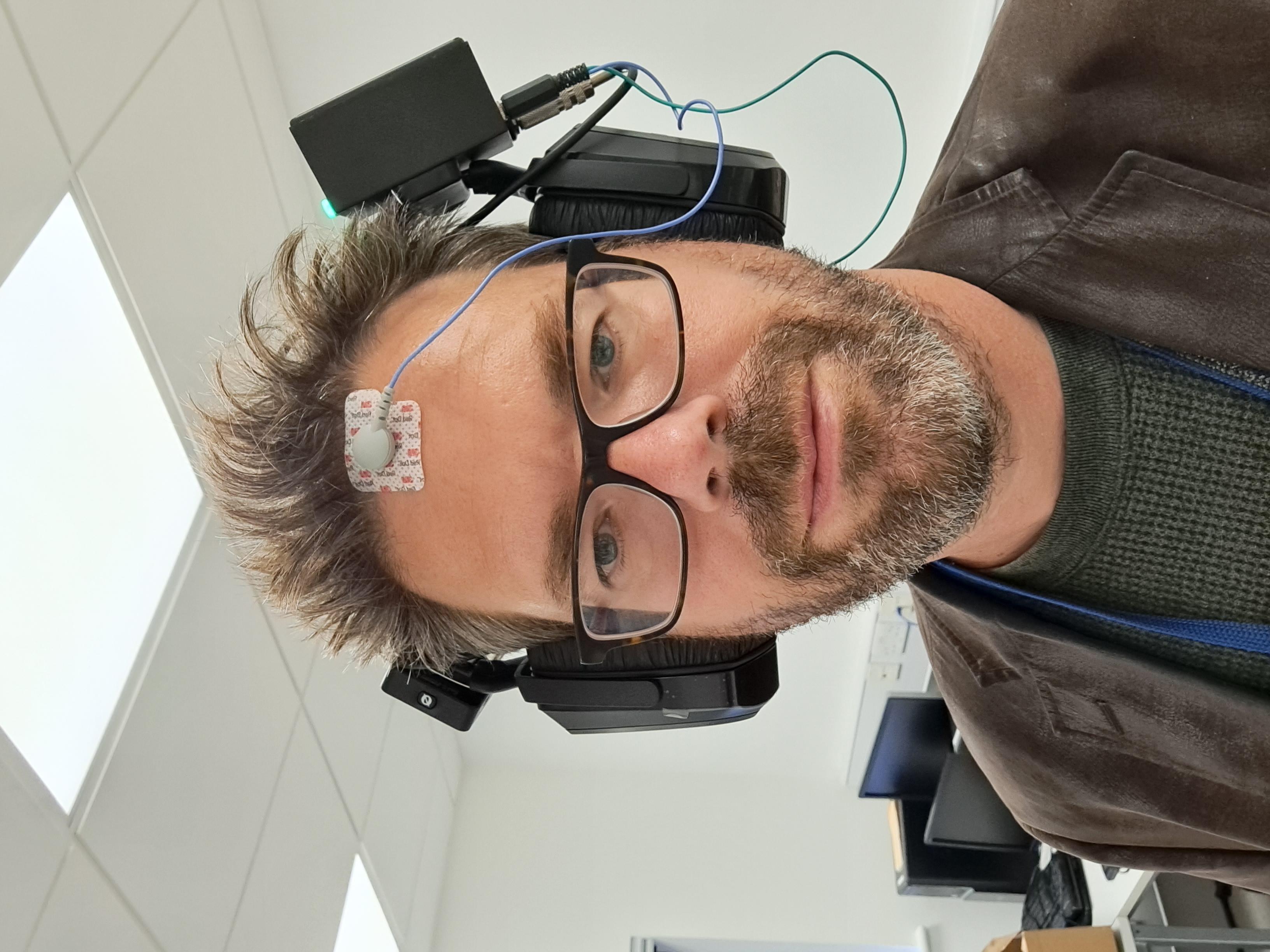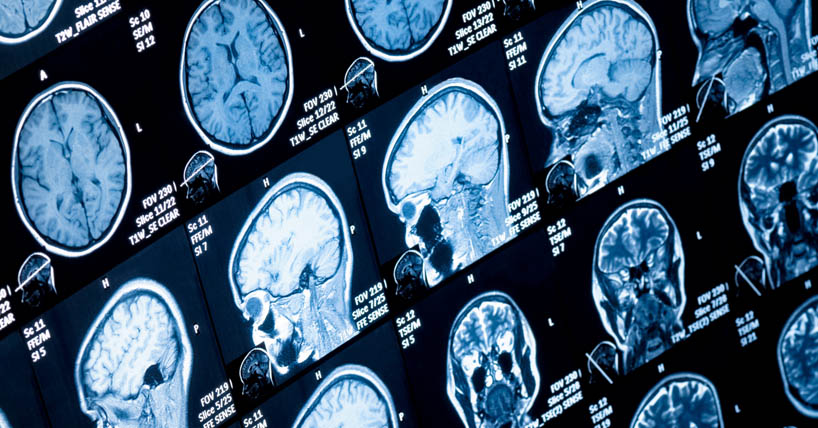MRC CoRE in Restorative Neural Dynamics
New £50m centre to develop brain stimulation device-based therapies
Published on: 26 June 2025
A new research centre involving Newcastle University experts aims to develop brain stimulation devices to treat conditions such as Parkinson’s disease, dementia, stroke and childhood epilepsy.
The Medical Research Council Centre of Research Excellence (MRC CoRE) in Restorative Neural Dynamics will receive up to £50 million over 14 years.
The centre’s team will investigate 'neural dynamics’ - the complex and changing patterns of activity across networks of nerve cells in the brain that underlie behaviour.

‘Accelerating new treatments’
The researchers will study how neural dynamics are disturbed in brain disorders. This will enable the scientists to develop novel interventions and devices – ranging from brain implants to non-invasive and wearable devices – that could improve how the brain and body functions.
The centre will initially focus on developing device-based approaches for people with brain disorders, to improve symptom relief and quality of life by reducing their effects on movement, memory and sleep. This could include reducing seizures in epilepsy, enhancing memory in dementia, and helping people with Parkinson’s or those who have had a stroke to recover smooth and confident movement.
Andy Jackson, Professor of Neural Interfaces at Newcastle University, said: “The development of wearable and implantable technologies for brain disorders is a central theme of Newcastle’s Centre for Transformative Neuroscience, and this UK-wide partnership will accelerate the delivery of new treatments to patients.
“Restoring healthy brain dynamics, across a range of devastating conditions, presents challenges that can only be overcome through close cooperation between scientists, engineers and clinicians, informed by patient priorities and regulatory frameworks.
“I look forward to working with the MRC CoRE team to deliver this exciting vision for the next generation of brain stimulation therapies.”
In the longer term, the team aims to use devices to reorganise brain circuits and slow down clinical progression, such as taking advantage of mechanisms that govern the strength of connections between nerve cells.
The researchers will study neural dynamics in mouse models, with computational modelling, and using human data, integrating these activities with device hardware and software development.
The MRC CoRE will work closely with clinical teams, research charities, regulatory agencies, and neurotechnology industry. This includes UK-based Amber Therapeutics, who last year worked with NHS partners to support a first-in-human trial of an implanted brain stimulation device to reduce seizures in a child with epilepsy.
The centre’s team aims to progress from discovery research to experimental medicine and first-in-human trials, paving the way for commercialisation and healthcare system adoption of new therapies so they reach the people who need them.
The research will be led by experts at the University of Oxford, Newcastle University, Cardiff University, Great Ormond Street Hospital and Imperial College London.

‘Seizing untapped opportunities’
Professor Peter Magill, Director of the new MRC CoRE in Restorative Neural Dynamics, from the University of Oxford, said: “Medical devices delivering brain stimulation can target disturbed neural dynamics with high precision and accuracy.
“But their advantages for therapy have not been fully realised because the link between neural dynamics and the clinical use of devices is often weak or missing.
“We can achieve the step change needed by seizing untapped opportunities to exploit dynamics with next-generation devices so that healthy neural dynamics are restored for improved therapeutic outcomes.
“Gaining a better understanding of how neural circuits work from moment to moment, and how this goes wrong in brain disorders, is key to this. Our research approach is centred on, and will involve, patients.”
To make the devices a part of every-day care in the NHS, researchers need approaches and technologies that provide greater clinical benefits and are also accessible, scalable and cost-effective.
Professor Patrick Chinnery, MRC Executive Chair, said: “The MRC’s CoRE funding model aims to revolutionise approaches to the treatment of brain disorders by bringing together the very best researchers, across different fields including neuroscientists, engineers and translational experts from industry, to tackle this challenge.
“By addressing some of the toughest challenges in brain disorder treatments, such as epilepsy, Parkinson’s disease and dementia, we aim for this centre to make significant health advancements in the coming years, with the added benefit of placing the UK at the forefront of this economically important and rapidly evolving field.”




